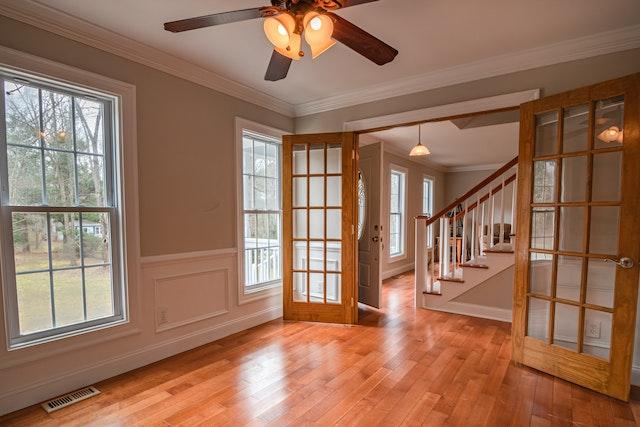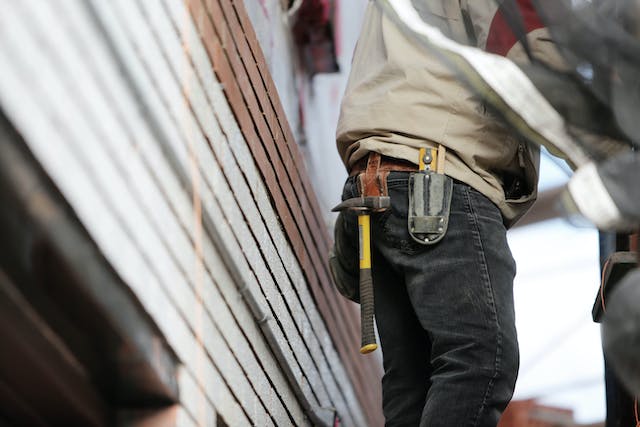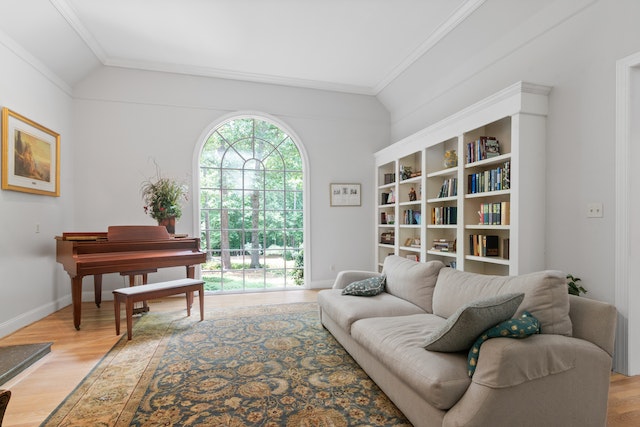How to Know if Your Rental Meets Safety Standards

As a landlord, ensuring that your rental property meets safety standards is not only a legal obligation but also a moral responsibility. Providing a safe living environment for your tenants is crucial for their well-being and your peace of mind.
You should take the necessary measures to ensure your rental property complies with all safety standards. Keep reading this article to learn more.
Understanding Legal Requirements
The first step in ensuring your rental property meets safety standards is to familiarize yourself with local and national housing laws.
Regulations can vary significantly depending on your location, so it’s essential to understand the specific requirements for your area.
These laws typically cover aspects such as fire safety, structural integrity, electrical systems, and sanitation.
Key Actions
- Research local housing codes and regulations.
- Consult with a legal expert specializing in landlord-tenant law.
Fire Safety Compliance
Fire safety is a top priority in any rental property. Ensure that smoke detectors are installed in key areas, including near bedrooms and kitchens.
Check these devices regularly to ensure they are functioning correctly.
You should also consider installing carbon monoxide detectors, especially if your property uses gas appliances or has an attached garage.

Key Actions
- Install and maintain smoke and carbon monoxide detectors.
- Provide fire extinguishers and ensure tenants know how to use them.
- Plan and communicate an emergency evacuation route.
Structural Integrity and Maintenance
The physical structure of your property must be sound and well-maintained. Regularly inspect your property’s foundation, walls, roof, and other structural elements for signs of wear or damage.
Address any maintenance issues promptly to prevent them from becoming major problems.
Key Actions
- Conduct annual structural inspections.
- Repair any damage to walls, roofs, or foundations immediately.
- Ensure windows and doors are secure and functioning properly.
Electrical and Plumbing Systems
Properly functioning electrical and plumbing systems are essential for tenant safety. Regular inspections and maintenance can prevent hazardous conditions like electrical fires or water damage.
Ensure all electrical work complies with national and local codes and is performed by a licensed professional.
Key Actions
- Perform regular inspections of electrical and plumbing systems.
- Repair or replace faulty wiring, outlets, and fixtures.
- Ensure water heaters and HVAC systems are functioning safely and efficiently.
Health and Environmental Hazards
Identifying and mitigating health hazards like mold, lead paint, and asbestos is critical, especially in older properties.
Regular inspections can help identify these risks early on. If you find hazardous materials, hire a professional to handle removal or remediation.

Key Actions
- Conduct regular inspections for mold, lead, and asbestos.
- Hire professionals for removal or remediation of hazardous materials.
- Ensure proper ventilation and humidity control to prevent mold growth.
Security Measures
A secure rental property is a safer one. Implement measures like sturdy locks on doors and windows, security lighting, and, if appropriate, alarm systems or security cameras.
Inform your tenants about these features and encourage them to report any security concerns.
Key Actions
- Install and maintain quality locks and deadbolts on doors.
- Consider adding security lighting and alarm systems.
Record Keeping and Documentation
Keep detailed records of all home safety inspections, repairs, and maintenance activities. This documentation can be invaluable in the event of a dispute or legal issue. It also helps you keep track of the condition of your property over time.
Key Actions
- Maintain a log of all inspections, repairs, and maintenance.
- Keep copies of compliance certificates and professional assessments.
- Document tenant communications and responses to their concerns.
Why You Should Ensure Your Property Meets Safety Standards
As a landlord, ensuring your property meets safety standards goes beyond legal compliance; it’s an integral part of responsible property management. Here are key reasons why prioritizing safety standards is crucial:

Legal Compliance and Liability Avoidance
Meeting safety standards helps you comply with local and national laws, thereby avoiding legal issues, fines, or even lawsuits.
By ensuring your property is up to code, you reduce the risk of being held liable for accidents or injuries that occur due to negligence.
Tenant Safety and Well-Being
The primary purpose of maintaining your property is to safeguard the health and well-being of your tenants. A safe living environment is a fundamental right, and as a landlord, you play a crucial role in fulfilling this need.
Property Value Preservation
Properties that adhere to safety standards are generally in better condition and maintain their value over time. This is important for landlords who view their rental properties as long-term investments.
Attracting and Retaining Tenants
A safe and well-maintained property is more appealing to potential renters. Tenants are more likely to stay longer in a property that is safe and cared for, reducing turnover costs and vacancy rates.
Insurance Benefits
Properties that meet safety standards are less likely to incur damage from preventable hazards, which can lead to lower property insurance premiums and fewer claims.
Some insurance companies may even require proof of compliance with certain safety standards before offering coverage.
Conclusion
Ensuring your rental property meets safety standards is a continuous process that requires attention, effort, and sometimes investment.
By staying informed, conducting regular inspections, and addressing issues promptly, you can provide a safe and secure environment for your tenants.
Alternatively, you may work with a reputable property management company to handle this on your behalf. Contact TrueNest Property Management if you need help, and we’ll be happy to assist you!
